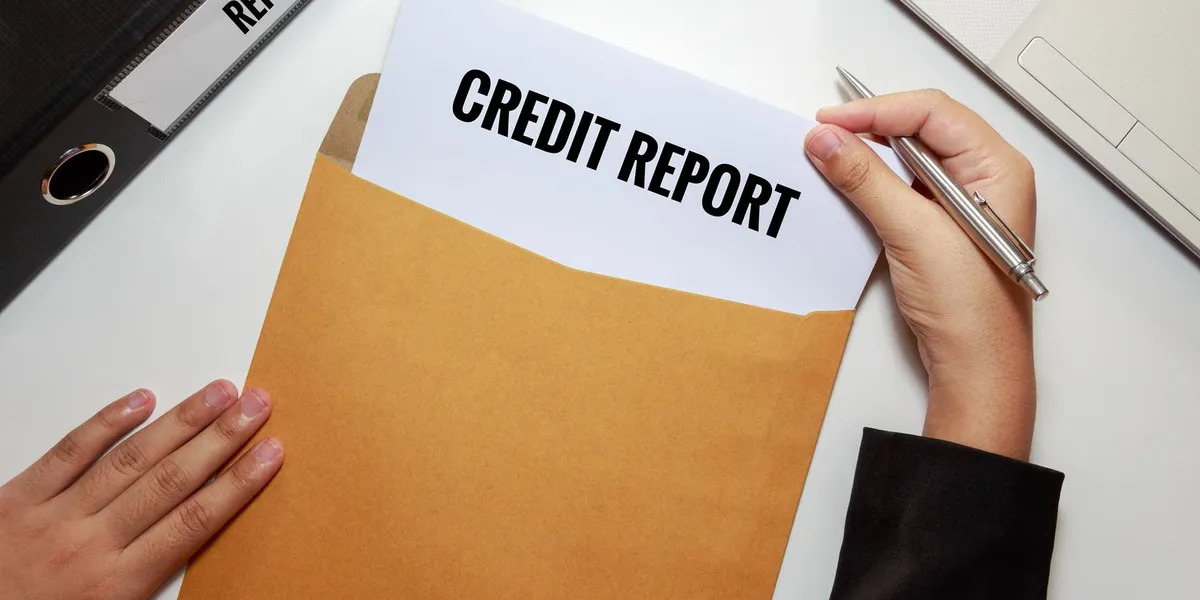

Finance
Subprime Credit Definition
Published: February 3, 2024
Learn the meaning of subprime credit in finance and how it impacts borrowing options. Understand the factors that determine subprime creditworthiness and its implications.
(Many of the links in this article redirect to a specific reviewed product. Your purchase of these products through affiliate links helps to generate commission for LiveWell, at no extra cost. Learn more)
Understanding Subprime Credit Definition: A Guide to Financial Understanding
Finance is a vast field that encompasses various sub-disciplines. One specific area that has gained attention in recent years is subprime credit. But what exactly is subprime credit? And why is it crucial to understand this concept for your financial well-being? In this article, we will delve into the subprime credit definition and its implications in the world of finance.
Key Takeaways:
- Subprime credit refers to credit extended to individuals with a low credit score or limited credit history.
- Subprime borrowers usually face higher interest rates and may experience challenges accessing credit.
Subprime credit is a term used to describe credit extended to individuals who have a low credit score or limited credit history. Typically, these borrowers are considered more risky to lenders due to their previous financial difficulties or lack of creditworthiness. As a result, lenders charge higher interest rates to compensate for the increased risk associated with lending to subprime borrowers.
So, you may wonder, why would someone willingly seek subprime credit? There are various reasons why individuals may find themselves in this category. Some common scenarios include:
- Emergencies: Unforeseen circumstances such as medical expenses or urgent repairs may force individuals to seek immediate financial assistance.
- Rebuilding credit: Individuals with a history of poor financial decisions or bankruptcy may opt for subprime credit as a starting point to improve their creditworthiness.
- Limited credit history: Young individuals or recent immigrants may have limited credit history, making it difficult for them to access prime credit options.
While subprime credit can be a lifeline in certain situations, it is important to approach it with caution. Here are a few things to keep in mind:
- Higher Interest Rates: Subprime borrowers are likely to face higher interest rates, which can significantly increase the cost of borrowing over time.
- Potential Challenges: Subprime borrowers may encounter challenges in accessing credit in the future, as their credit actions are closely scrutinized by lenders.
- Credit Score Implications: Borrowing through subprime credit can negatively impact your credit score if not managed responsibly. Timely payments and responsible financial behaviors are crucial to rebuilding your credit history.
- Exploring Alternatives: Before committing to subprime credit, it’s essential to explore alternative financial options, seek financial advice, and consider improving your creditworthiness to access more favorable credit terms.
Remember, subprime credit can be a stepping stone towards financial stability, but it should not be seen as a long-term solution. Developing good financial habits and working towards improving your credit score is key to accessing better credit opportunities in the future.
So the next time you come across the term “subprime credit,” you’ll have a solid understanding of what it means and its implications. By being aware of this concept, you can make informed decisions that align with your financial goals and pave the way for a healthier financial future.














